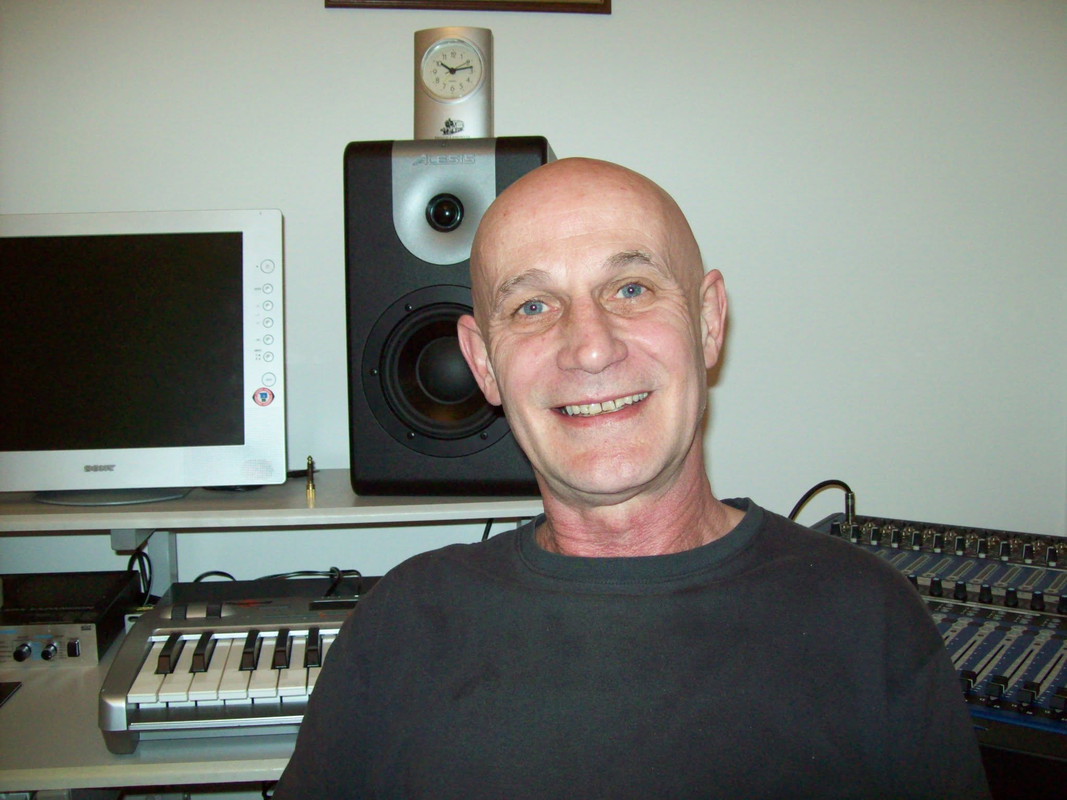Richard Digby Smith

About Richard
MEET THE ENGINEER
BEHIND THE LEGENDS
Richard Digby Smith didn't set out to become a legend. He just wanted to make great records.
Richard Digby Smith's career spans four decades of recording excellence, beginning at nineteen when he joined Island Studios in London as a staff engineer. There, he honed his craft working with an extraordinary roster of artists, including Bob Marley, Led Zeppelin, Deep Purple, Cat Stevens, and Free. Island Records' eclectic catalogue demanded versatility and innovation, shaping Smith into an engineer capable of capturing any musical vision.
At twenty-four, Smith relocated to Los Angeles to work as a freelance engineer and producer. His client list expanded to include guitarist Albert Lee, Booker T and The MGs, and Robert Palmer, while he maintained his relationship with Island through its LA office. Upon returning to the UK in the mid-eighties, he became a sought-after engineer for major labels including Sony, Island, and Ensign, recording at legendary facilities such as Abbey Road and Air Studios.
Smith's recent work demonstrates his enduring relevance in the industry. He remixed Bad Company's seminal albums Bad Company and Straight Shooter, and mixed their first official live album. He contributed five tracks to Gary Moore's How Blue Can You Get and worked on Black Sabbath's Vol 4 deluxe box set. His discography encompasses over 190 albums, tracks, and sessions with more than fifty iconic artists.
Currently based in Torquay, Devon, Smith operates TQ1 Music, his private studio specialising in mixing, mastering, and full song production. His recent work has expanded to include audiobook production, with credits including Jonathon Dimbleby's Battle of the Atlantic for Penguin and Sarah Turner's bestselling The Unmumsy Mum.
One, Two, Three, Four represents Smith's first foray into authorship. The memoir offers an insider's perspective on music's golden era, documenting the technical craft and creative collaborations that defined generations of iconic recordings. With endorsements from Sir Rod Stewart, Jimmy Page, and Muff Winwood, the book provides unprecedented access to the stories and sessions that shaped rock and reggae history.
Honors & Achievements







